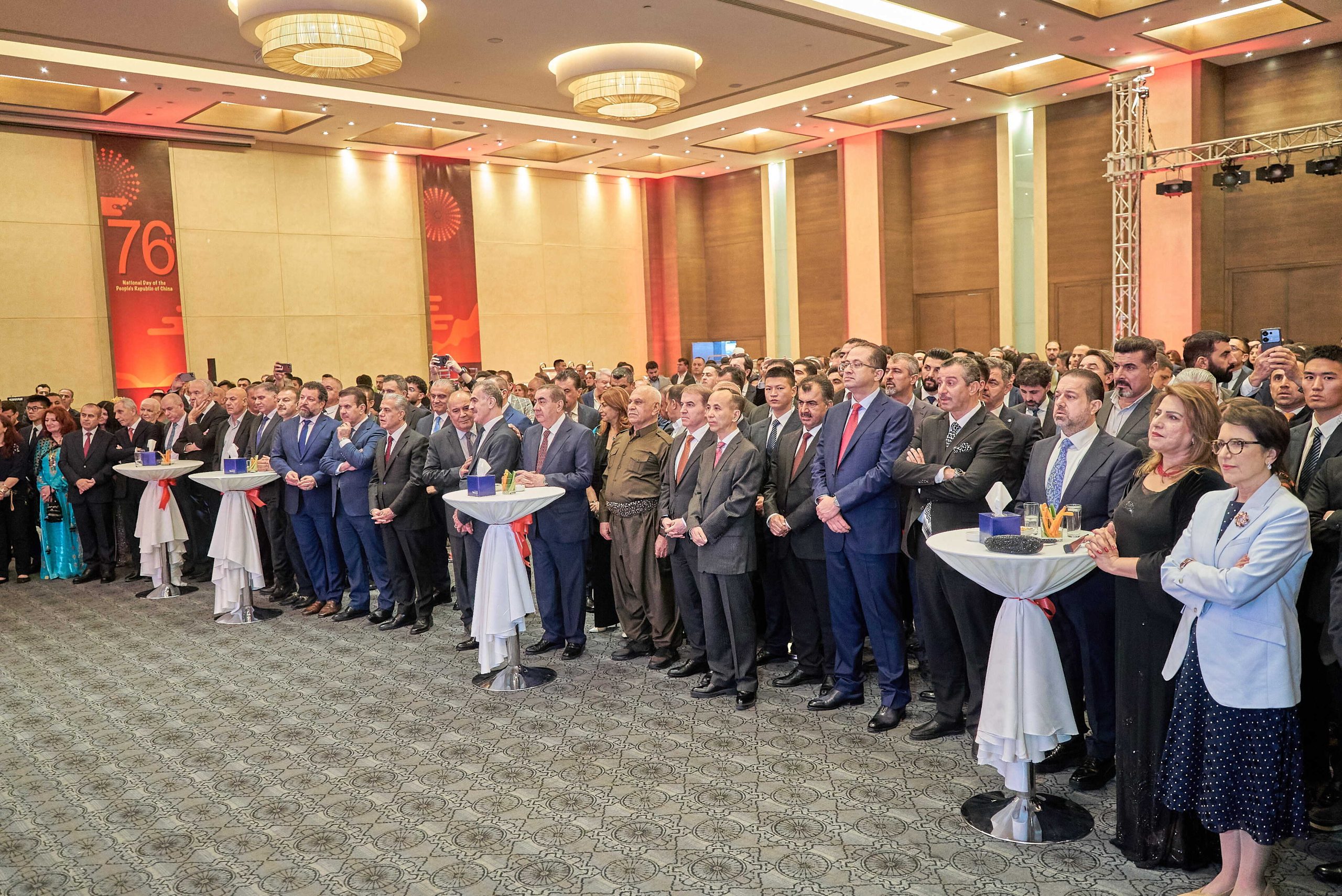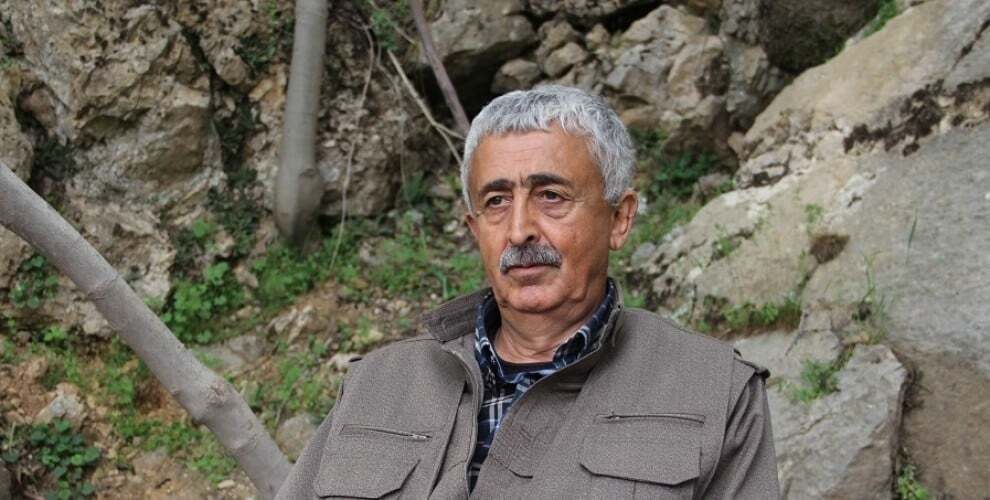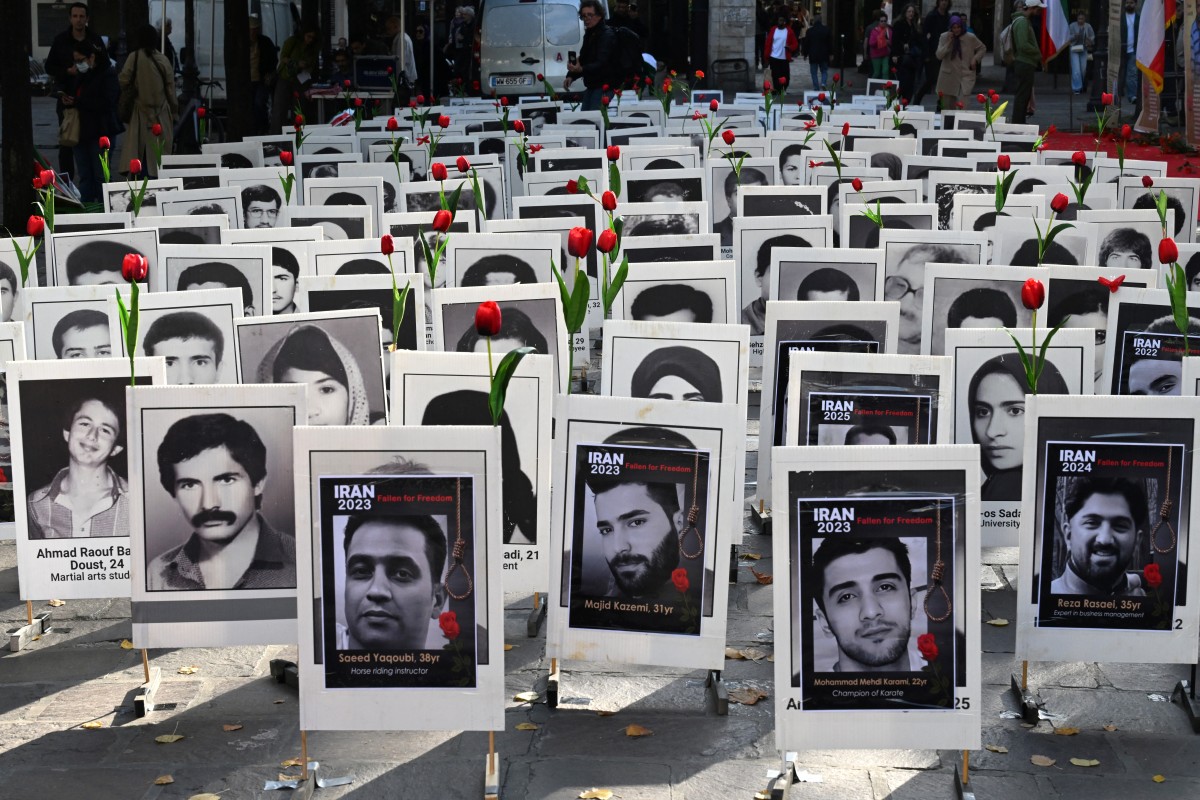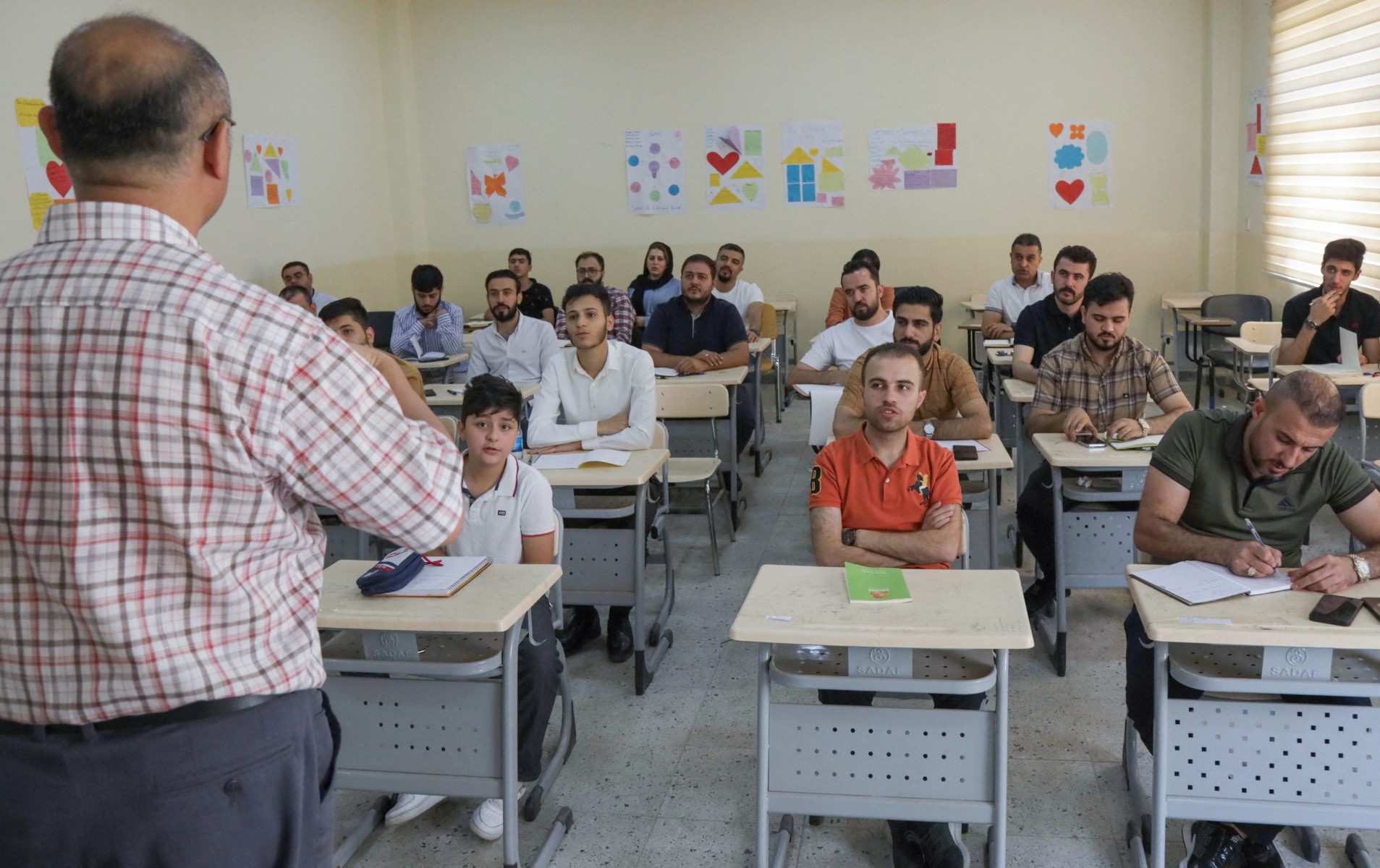Beijing Boys in Kurdistan

Kurdish politicians, media and public figures attend the Chinese Consulate General in Erbil reception to celebrate the 76th anniversary of the founding of the People’s Republic of China | Picture Credits: The Chinese Consulate General in Erbil
Kurdish politicians, media, and public figures attend the reception by the Chinese Consulate General in Erbil to celebrate the 76th anniversary of the founding of the People’s Republic of China
Picture Credits: The Chinese Consulate General in Erbil
Coined by the American neoliberal economist Milton Friedman, the “Chicago Boys” were a group of Chilean economists with graduate training in economics at the University of Chicago in the 1950s and 1960s. After returning to Chile, many of these economists secured influential policymaking positions during the mid-1970s and initiated various neoliberal programs of reversing socialism in Chile.
The Kurdish educated elite who visit China en masse on Chinese-funded programs are not yet in such a position, but nevertheless are becoming more vocal and expressive in advocating for the Chinese model
The Kurdish educated elite who visit China en masse on Chinese-funded programs are not yet in such a position, but nevertheless are becoming more vocal and expressive in advocating for the Chinese model. Hence, in their own way, they are becoming the Beijing boys. This indicates that China’s actions are not unprecedented. Through the Chicago Boys program, Washington hoped to steer Chile from communism toward capitalism. In a similar, but broader way, China attempts to steer Kurdistan from the west toward the east.
The current level and frequency of visits notwithstanding, the Kurdish people have a relatively long history of travel to China. Arguably, the first Iraqi Kurd to visit China officially was the poet and activist, Anwar Al-Mayi (1913-1962), who did so in 1959. One should not forget Talabani’s unofficial visit in 1955, when he traveled from Warsaw via Russia to China. Al-Mayi traveled to the People’s Republic of China as a part of an Iraqi government delegation in the year China opened its embassy in Baghdad. Quite unlike the current visitors, Al-Mayi published two articles in the People’s Daily, the official newspaper of the Central Committee of the Chinese Communist Party (CCP). One focused on Kurds and their relationship with the new Iraqi republic; the other examined their role in the ancient and contemporary history of the region. He also presented a seminar on Kurds in Beijing, which was published in an Arabic booklet. The new Iraqi Republic was short-lived, as the regime was toppled by a coup in 1963. Consequently, the relationship between China and Iraq changed, leading to the cessation of Kurdish trips to China.
As part of its expanding role in Iraq and Kurdistan, China is inviting government officials, university lecturers, journalists, and other notable people to visit China and partake in a variety of courses in media, health, governing, development, education, and other fields
Today, the situation is starkly different. As part of its expanding role in Iraq and Kurdistan, China is inviting government officials, university lecturers, journalists, and other notable people to visit China and partake in a variety of courses in media, health, governing, development, education, and other fields. Many have visited more than once.
As the number of visitors rises, so does the visibility of these visits. Many of those who participate in these trips write travelogues in local outlets after their return. They share their pictures on social media, and some are trying to reflect on China’s ‘miracle experiment.’
The process typically involves the Chinese consulate in Erbil sending invitations to centers, colleges, organizations, governmental departments, and other entities, offering the opportunity to visit China. These institutions select a few people, and, in addition, many others are also selected directly, especially those who come in contact with the highly active Chinese General Consul in Erbil, Liu Jun.
Liu is a very affable man who speaks fluent English. Throughout his career, he has served in various departments, including the Department of Press, Communication, and Public Diplomacy; the Department of Latin American and Caribbean Affairs; the Department of External Security Affairs; and the Department of North American and Oceanian Affairs, among others. This particular background makes him approachable, evidenced by our own meeting through a friend last April in Erbil.
By reflecting on a number of travelogues written by those who have been to China, I try to sketch how a new image of China is emerging in Iraqi Kurdistan. While I focus more on the written texts, I have also held conversations with many of those who visited the country. After visiting China, an editor from a local outlet documented his experiences in a travelogue titled “A Dragon Wakes Up… China is Dreaming.” The title may carry a loaded Orientalist connotation, yet the content, similar to nearly all other pieces on this subject, is predominantly hagiographic.
The story tries to establish a chronology: the China-Japan war was followed by the rise of the charismatic leader Mao. His reign was a period of self-reconstruction and reorganization of Chinese society. Then comes Deng Xiaoping. He calls for reform and opening. Here, the writer, in order to distinguish their Chinese experience from others, writes, “In developing countries, leaders constantly advocate reform, but these attempts remain hollow and most of the time fail; as a result, societies become poorer and corruption of the authorities increases.” However, China’s experience was completely different.
The content is an exemplary text among many others. It shows that all participants are exposed to the same highly choreographic narrative regarding the rise of China.
Others reflected on different aspects of their trip. This comes across through the pictures and images they published after the trip, particularly on social media. Certain features, such as the hospitality and gentleness of the Chinese hosts, are prominently highlighted.
For Mumen Zellmi, Head of Translation Dept. and Member of University Council at Cihan University-Sulaymaniyah, who visited the China National Bamboo Research Center (CBRC), in Hangzhou for two weeks, the trip had a mystical aspect. For him, Hangzhou is the city of fairies, and he describes it as the bride of the country. Mumen’s travelogue is written in colorful language, stressing the delicacy and hospitality of the host.
This element of respect during the trip is noteworthy, especially for the Kurds and Iraqi people. As the French-Iranian scholar Bertrand Badie argues, humiliation has become a norm in international relations. It is systematized, legalized, and applied liberally by the dominant powers in the international system. Iraqis and Kurds, more than most, have been the subject of humiliation in many ways. Imposing a thug like Saddam on Iraq through an externally nudged coup, encouraging wars, imposing embargoes, and changing the regime, not necessarily for the better.
Kurdistan has been influenced by Western powers in the last century. As a result, until recently, the elites in the region were Western-oriented, like the rest of the Middle East. This western orientation among some has reached a pathological level, as the Syrian thinker George Tarabishi put it. Will the turning to the east be any different?
From hosting delegations and training to exporting its model of governance and marketing its goods, China arranges the program to expand its influence in Kurdistan and beyond
China was an unfamiliar area to most Kurds in the past. Today, it has become a familiar and popular destination. From hosting delegations and training to exporting its model of governance and marketing its goods, China arranges the program to expand its influence in Kurdistan and beyond.
The Kurdish elites are showing admiration and gratitude but little critical understanding. This may hinder building any genuine relationships. On the other hand, those who have visited China more than once are less impressed.
Sardar Aziz
Sardar Aziz is a researcher, columnist, and international advisor. Worked as senior adviser, Kurdistan Parliament, Iraq. writes in Kurdish and English. He focuses on Kurdish politics and economy, Iraqi politics, and China-Kurdistan and Iraq relationship. He has published with numerous think tanks in the US, Europe, and the Middle East. Author of a number of books in Kurdish in the areas of governing, institutions, and political economy. He has a PhD on the State in the Arab Middle East from University College Cork (UCC) Ireland. He teaches annually at the Asian Study UCC.



